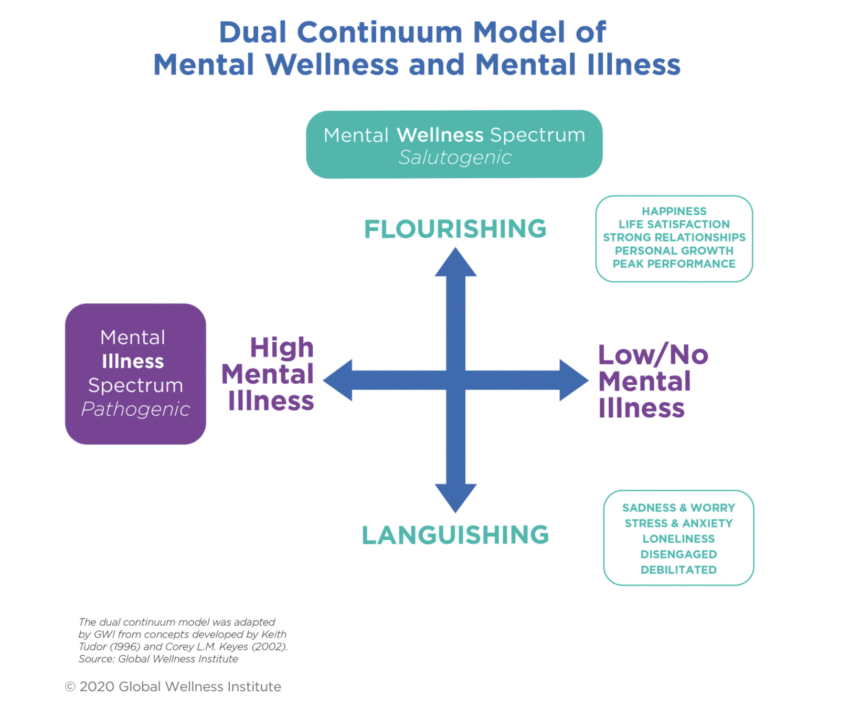In today’s fast-paced world, mental wellness is just as important as physical health. Balancing work, family, and social responsibilities while staying connected through technology can be overwhelming. Prioritizing mental well-being helps people manage stress, build resilience, and live more fulfilling lives.
What Is Mental Wellness?
Mental wellness is more than the absence of mental illness. It is the ability to cope with life’s challenges, maintain emotional balance, and foster positive relationships. It involves self-awareness, stress management, and a healthy mindset.
Challenges to Mental Wellness Today
-
Technology Overload – Constant notifications and social media comparisons create stress and anxiety.
-
Work Pressure – Long hours and job insecurity lead to burnout.
-
Isolation – Despite being digitally connected, many feel lonely.
-
Global Uncertainty – Economic, environmental, and social changes affect mental health worldwide.
Benefits of Prioritizing Mental Wellness
-
Better physical health – Mental well-being is linked to reduced risk of chronic disease.
-
Improved productivity – Clear thinking and focus lead to better decision-making.
-
Stronger relationships – Emotional stability fosters healthy connections.
-
Greater life satisfaction – A positive outlook enhances happiness and purpose.
Practical Ways to Improve Mental Wellness
1. Mindfulness and Meditation
Daily mindfulness practices help reduce stress and improve focus. Even 10 minutes of deep breathing can make a difference.
2. Regular Exercise
Physical activity releases endorphins, often called “feel-good” hormones, which elevate mood.
3. Healthy Sleep Habits
Consistent sleep improves emotional regulation and resilience.
4. Social Support
Maintaining strong relationships with family and friends provides emotional safety and belonging.
5. Professional Help
Therapy and counseling should be seen as acts of strength, not weakness.
The Role of Culture and Ancestry in Mental Wellness
Cultural traditions and family histories can support mental well-being. Rituals, storytelling, and shared practices give people a sense of belonging and resilience. Understanding one’s roots can help manage identity struggles and reduce feelings of isolation.
Final Thoughts
Mental wellness is not optional—it is essential for living a healthy and balanced life. By taking small steps like practicing mindfulness, staying active, and seeking support, anyone can strengthen their mental well-being. In modern life, protecting your mind is as important as caring for your body.
